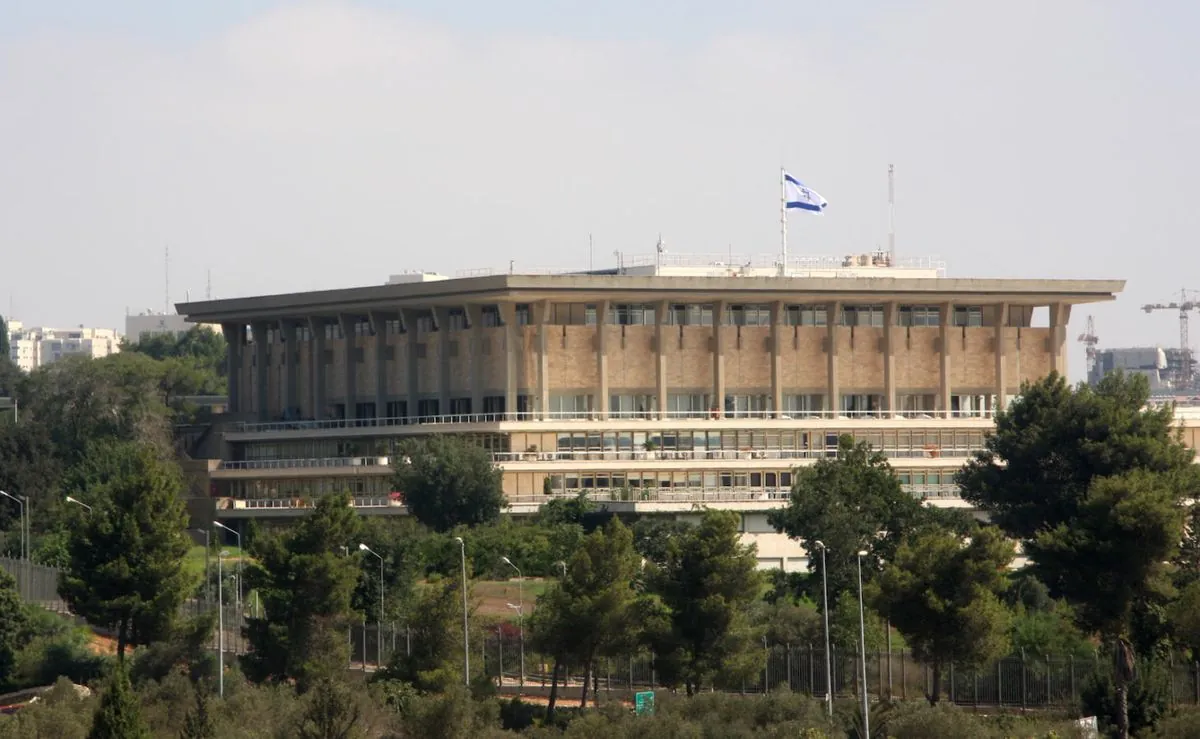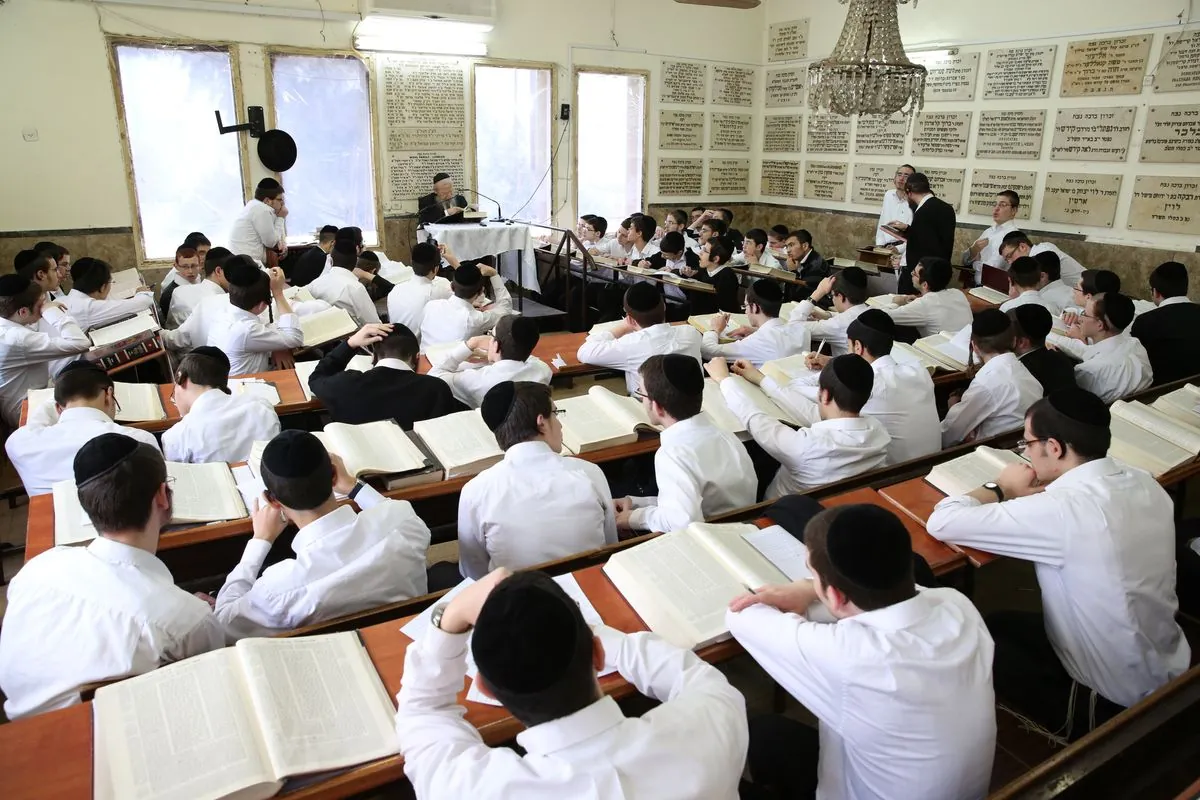Ultra-Orthodox Parties Challenge Israeli Coalition Over Education Funding
Israel's ultra-Orthodox parties are testing government unity by demanding equal education funding. This dispute adds to ongoing tensions within Prime Minister Netanyahu's coalition, highlighting challenges in balancing diverse political interests.

In a recent development, Israel's coalition government faces internal challenges as ultra-Orthodox parties press for equal education funding. This dispute centers on the demand for ultra-Orthodox schools to receive the same benefits as state-run institutions, particularly the "New Horizon" program, which extends school hours and significantly increases teacher salaries.
Haim Biton, the ultra-Orthodox Education Minister and member of the Shas party, emphasized the importance of this issue, stating, > "For a year we have been fighting for the entry of 'New Horizon' into ultra-Orthodox institutions. There is no reason for our teachers to be discriminated against."
While Shas has not threatened to leave the government, United Torah Judaism (UTJ), another ultra-Orthodox party, has taken a stronger stance. UTJ has informed the coalition whip that it will boycott parliamentary votes until the funding issue is resolved.
This education funding dispute is part of a broader pattern of tensions within Benjamin Netanyahu's coalition government. The coalition, which holds 64 of the Knesset's 120 seats, has faced numerous challenges since its formation. These include:
- Disagreements over military conscription for ultra-Orthodox men
- Debates on judicial reforms
- Differing approaches to the Gaza conflict

The current situation reflects the complex nature of Israeli politics, where coalition governments often struggle to balance diverse interests. Gilad Malach, director of the Israel Democracy Institute's ultra-Orthodox program, offers insight into the dynamics at play: > "The Haredi parties feel that the extreme right secured all of its demands from the government and Ben-Gvir gets whatever he wants from the prime minister, while they are failing."
Despite these tensions, the coalition parties have shown reluctance to dissolve the government, particularly in light of the security failures surrounding the October 7, 2023, Hamas attack. However, Malach warns that these ongoing disputes could potentially lead to future instability.
As the government navigates these challenges, it must also address pressing issues such as a proposed 3.4 billion shekel (approximately $918.35 million) budget increase to support Israelis displaced by rocket fire from Lebanon. The resolution of the education funding dispute may prove crucial in maintaining coalition unity and addressing these broader national concerns.


































